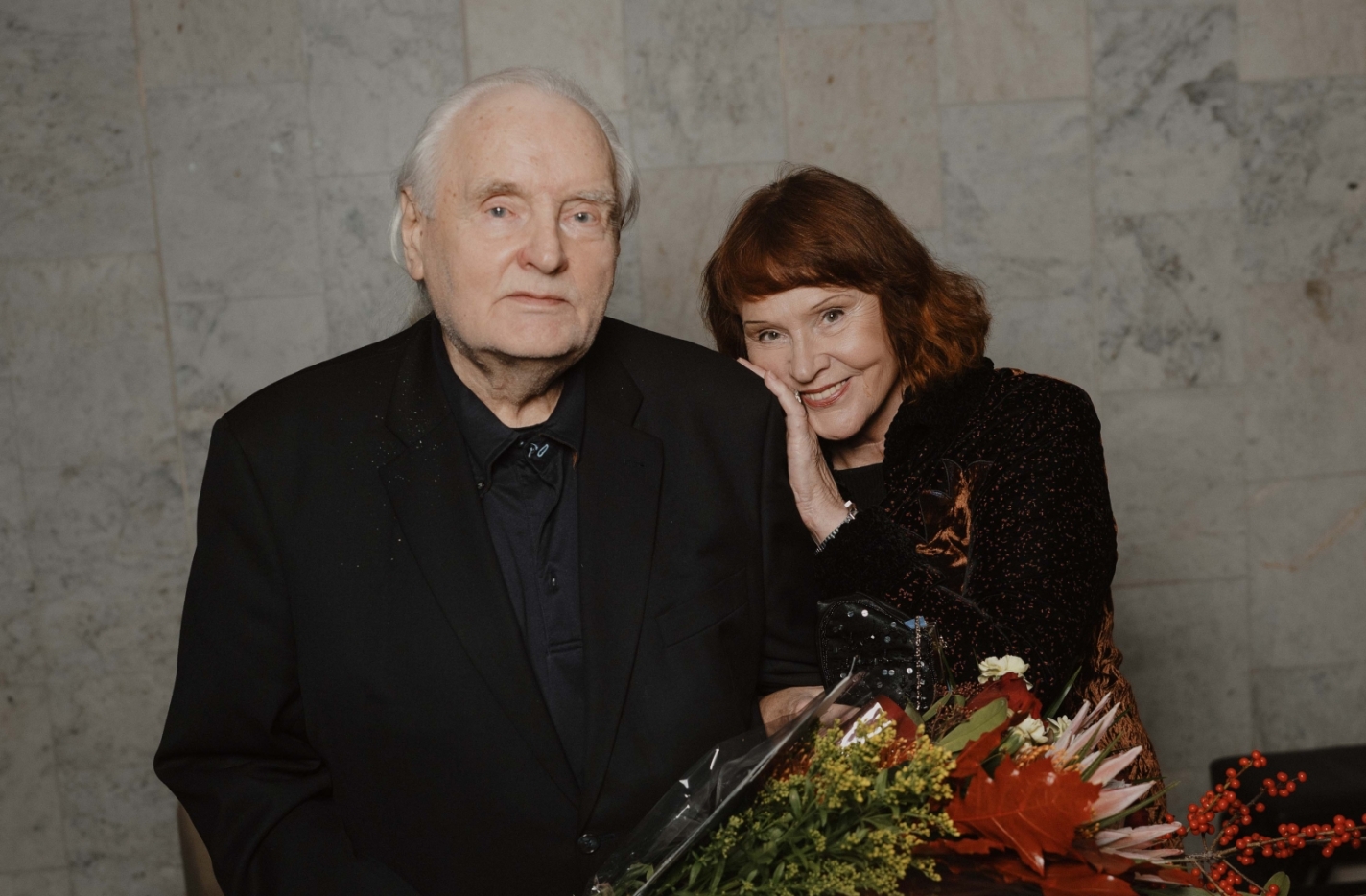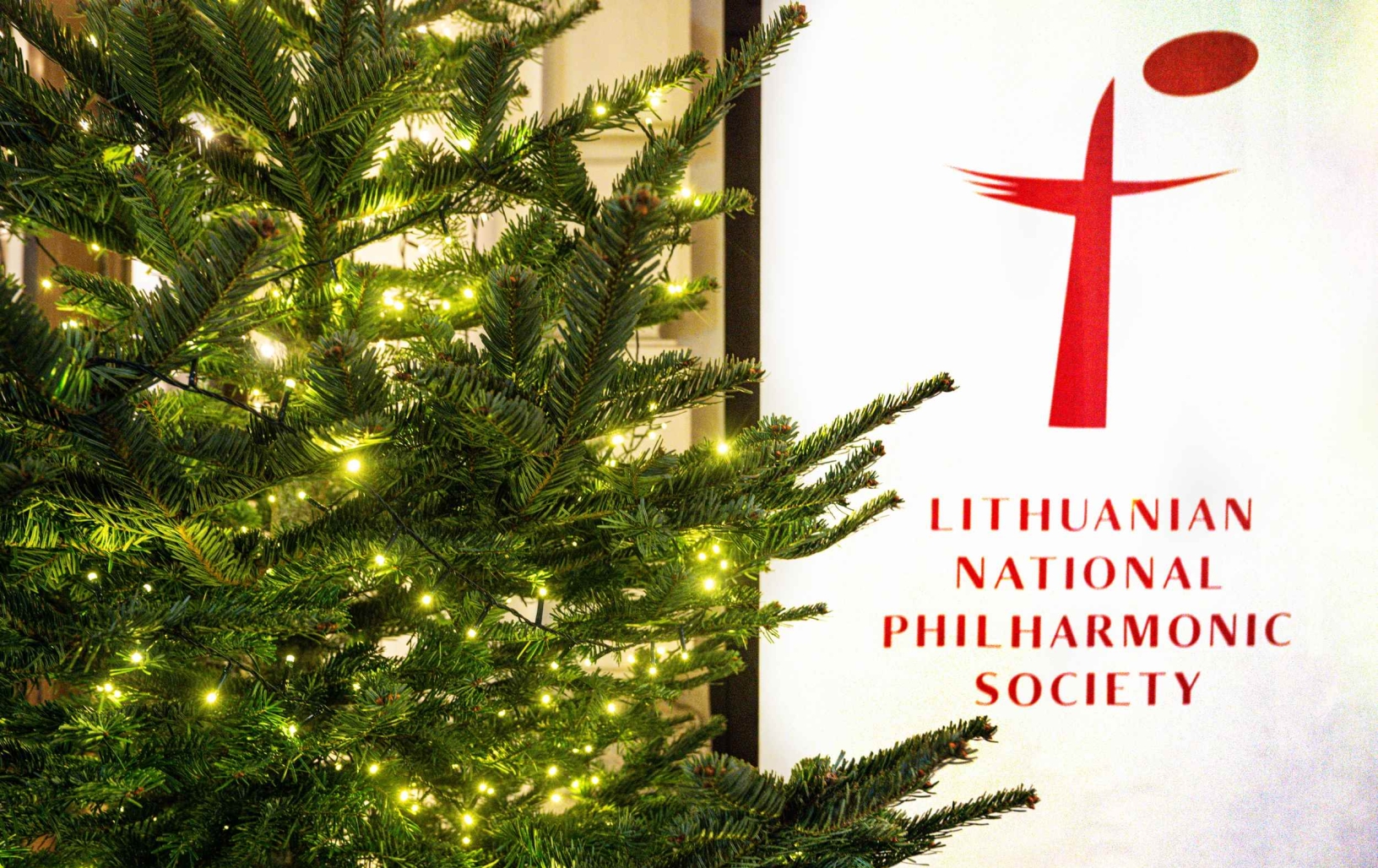Works for Voice and Piano by Feliksas Bajoras
Performers
SIMONA LIAMO (soprano)
EGLĖ ŠLIMAITĖ (soprano)
KRISTINA ŽALDOKAITĖ (mezzo-soprano)
JUSTAS ČEPONIS (piano)
Hostess of the concert GIEDRĖ KAUKAITĖ
Programme
FELIKSAS BAJORAS – Vocal cycle Sakmių siuita (Suite of Stories; folk text); vocal cycle Kodėl? (Why?; text by Janina Degutytė); Triptikas (Triptych; text by Marcelijus Martinaitis); variations on the folk song Ugdė motutė (Rearing Mother); songs from the collection Tu, vyšnela (You, Chery-Tree; text by Lithuanian folk and Vytautas Bložė)
About
In 2024, the famous composer Feliksas Bajoras celebrated his 90th birthday. Numerous concerts of his works have spilled over into the following year – 2025. As a kind of post scriptum to the composer’s jubilee year, the National Philharmonic is hosting an evening, designed by the renowned singer Giedrė Kaukaitė, featuring Bajoras’ works for voice and piano. They will be performed by young performers, and the entire programme will be presented by Giedrė Kaukaitė herself, who was the first performer of many of Bajoras’ early vocal opuses – songs and vocal cycles. She has promoted them in Lithuania and elsewhere in the world (Poland, Germany, Sweden, France, the USA).
Skilfully combining professionally refined classical singing with the authentic folk singing manner, Kaukaitė has created a distinctive tradition of interpretation, and has turned the trends in music creation and performance towards a deeper understanding of national identity. “The epoch of Kaukaitė”, said F. Bajoras, describing the golden age of not only his own, but also the Lithuanian vocal music.
Kaukaitė herself writes of Bajoras: “He is an unpredictable, uncompromising composer who surprises with his original twists on traditional genres and forms, and his highly distinctive combinations of ethnic and contemporary music. Feliksas Bajoras is a deeply national composer. The composer considers the search for the nation’s identity as the most important goal of his work. In the symphonic, chamber and vocal works performed in the composer’s anniversary concerts, one can clearly hear an intuitive and profound connection with the native language, conveying the spirit of the Lithuanian nation.”



